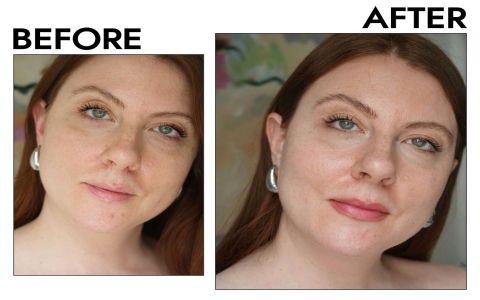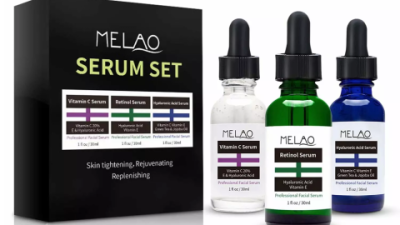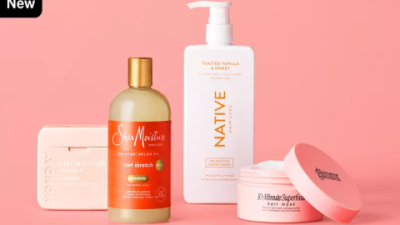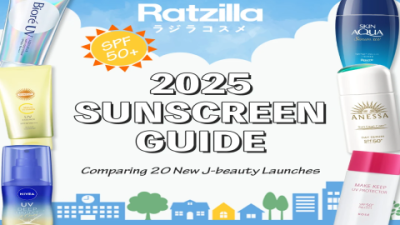Have you ever wondered why some people's under-eye area looks so good in photos? Sure, good lighting helps, but there's probably something else going on – they're likely using eye serum. If you've been hearing about eye serum everywhere but still don't really get what the big deal is, let me break it down for you.
This isn't just another skincare product that everyone will forget about next year. Eye serum is actually pretty amazing, and once you understand what it does, you'll probably want to try it yourself.
So What Actually Is Eye Serum?
Think of eye serum as a super concentrated treatment that's specifically made for your eye area. It's usually pretty lightweight and absorbs quickly – way faster than most eye creams. The thing is, the skin around your eyes is incredibly thin. We're talking about half the thickness of the skin on the rest of your face. That means it needs special ingredients that can actually get in there and do their job without irritating anything.
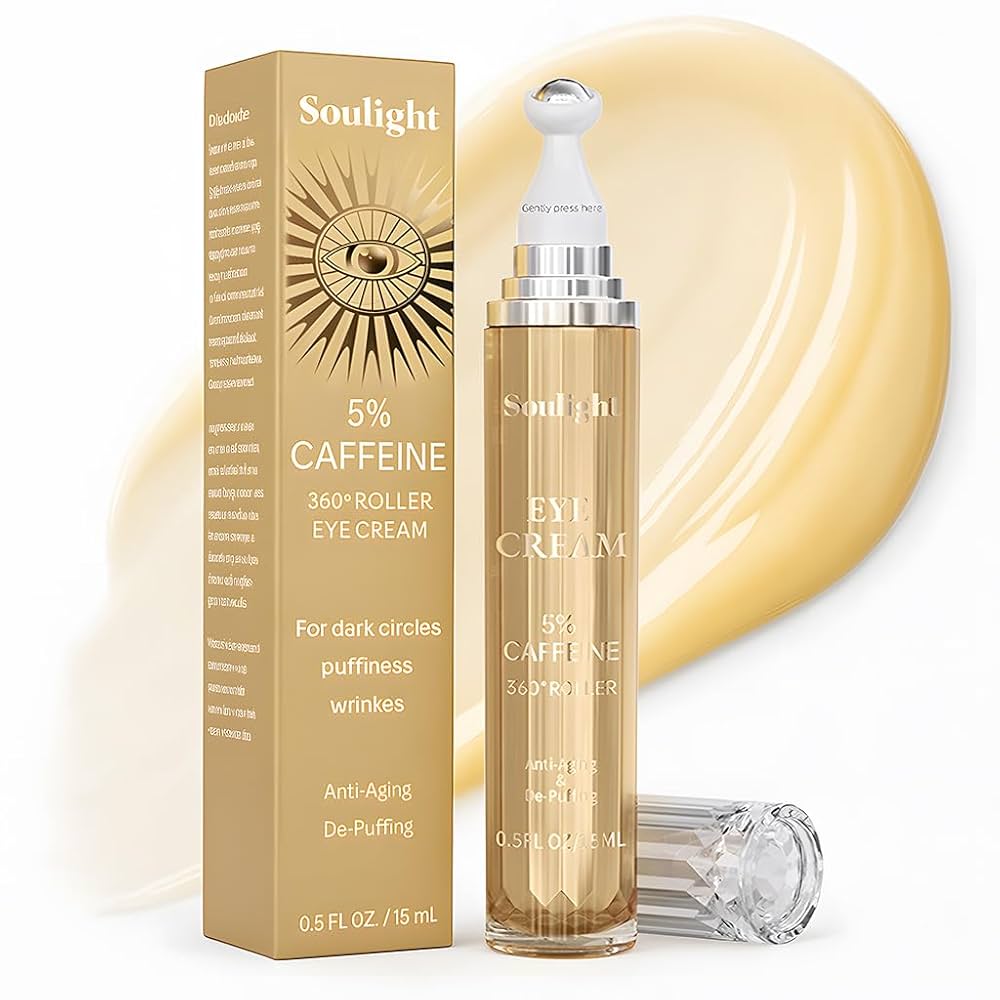
Eye Serum vs Eye Cream – What's the Difference?
I get this question all the time. Here's the simple version:
Eye serums are thin and watery with smaller molecules that can penetrate deeper into your skin. They're packed with active ingredients and work well under makeup. Eye creams are thicker and focus more on moisturizing the surface of your skin. They're great if you have really dry skin or want extra protection.
Honestly, you can use both if you want. Just put the serum on first, then the cream on top.
The Benefits That Actually Matter
Let me tell you about the benefits that are backed by real science, not just marketing hype.
Dark Circles Actually Get Better
Dark circles aren't always from staying up too late. Sometimes it's just genetics, or your skin is so thin that you can see the blood vessels underneath. Other times it's pigmentation issues.
Here's what's interesting – eye serums with vitamin C, caffeine, and kojic acid can actually reduce the appearance of dark circles by about 40% after two months of regular use. Caffeine works by improving blood circulation, while vitamin C helps with any discoloration. It's pretty cool when you think about it.
Say Goodbye to Morning Puffiness
We've all had those mornings where we wake up looking like we went ten rounds with Mike Tyson. That puffiness happens when fluid builds up under your eyes overnight.
Caffeine in eye serums helps constrict blood vessels and reduce swelling. Peptides help with drainage, and hyaluronic acid adds moisture without making things worse. Pro tip: keep your eye serum in the fridge – the cold feels amazing and helps with puffiness even more.
Fine Lines Start Disappearing
This might surprise you, but fine lines can start showing up in your twenties. All that squinting at screens, laughing, and making expressions adds up over time.
Eye serums with retinol, peptides, and growth factors can actually help reduce existing fine lines and prevent new ones. These ingredients basically tell your skin cells to start acting younger again. It takes time to see results, but when you do, it's pretty noticeable.
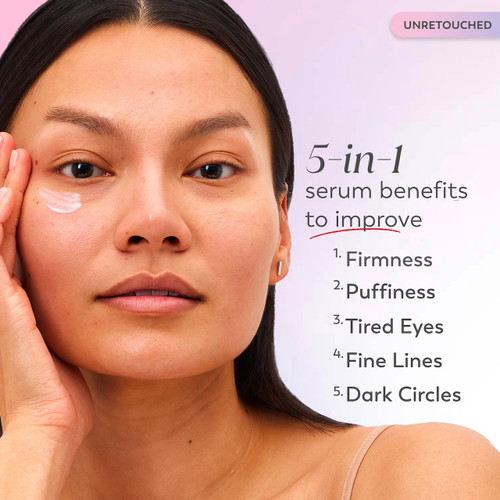
Your Collagen Production Gets a Boost
Starting around age 25, we lose about 1% of our collagen every year. Collagen is what keeps skin firm and bouncy, so losing it isn't great news.
The good news is that certain ingredients in eye serums can actually stimulate your skin to make more collagen. Vitamin C is particularly good at this, along with retinol and peptides. Some studies show increases of up to 30% in collagen production with consistent use.
Your Skin Texture Gets Smoother
Remember that glass skin trend that was everywhere? Eye serum can help you get there. By promoting cell renewal and keeping the area hydrated, good eye serums create that smooth, even texture that makes concealer look flawless.
Ingredients like alpha hydroxy acids provide gentle exfoliation, while niacinamide helps minimize any texture issues. Ceramides strengthen your skin barrier, and squalane adds lightweight moisture without any greasiness.
The Ingredients That Actually Work
Not all eye serums are created equal. Here are the ingredients you should look for:
The Heavy Hitters
Retinol is probably the most proven anti-aging ingredient out there. Vitamin C is great for brightening and boosting collagen. Hyaluronic acid can hold up to times its weight in water, which is perfect for the delicate eye area. Caffeine provides instant de-puffing, and peptides help with communication between skin cells.
The Up-and-Coming Stars
Bakuchiol is a plant-based alternative to retinol that's gentler but still effective. Niacinamide is like a multivitamin for your skin – it does a little bit of everything. Growth factors are newer but showing real promise for skin repair. Ceramides help strengthen your skin barrier, and kojic acid is great for dark spots.
What to Avoid
Stay away from anything with fragrance or essential oils around your eyes. They're just too harsh for that delicate area. High concentrations of acids can cause chemical burns, and alcohol-based formulas will dry you out.
How to Actually Use Eye Serum
Using eye serum isn't complicated, but there are a few tricks that make a big difference.
The Right Way to Apply It
Always start with clean hands. Use your ring finger – it naturally applies the least pressure. Gently tap the serum around your orbital bone, starting from the inner corner and working outward. Don't rub or pull on the skin. And don't forget your upper eyelids – they need attention too.
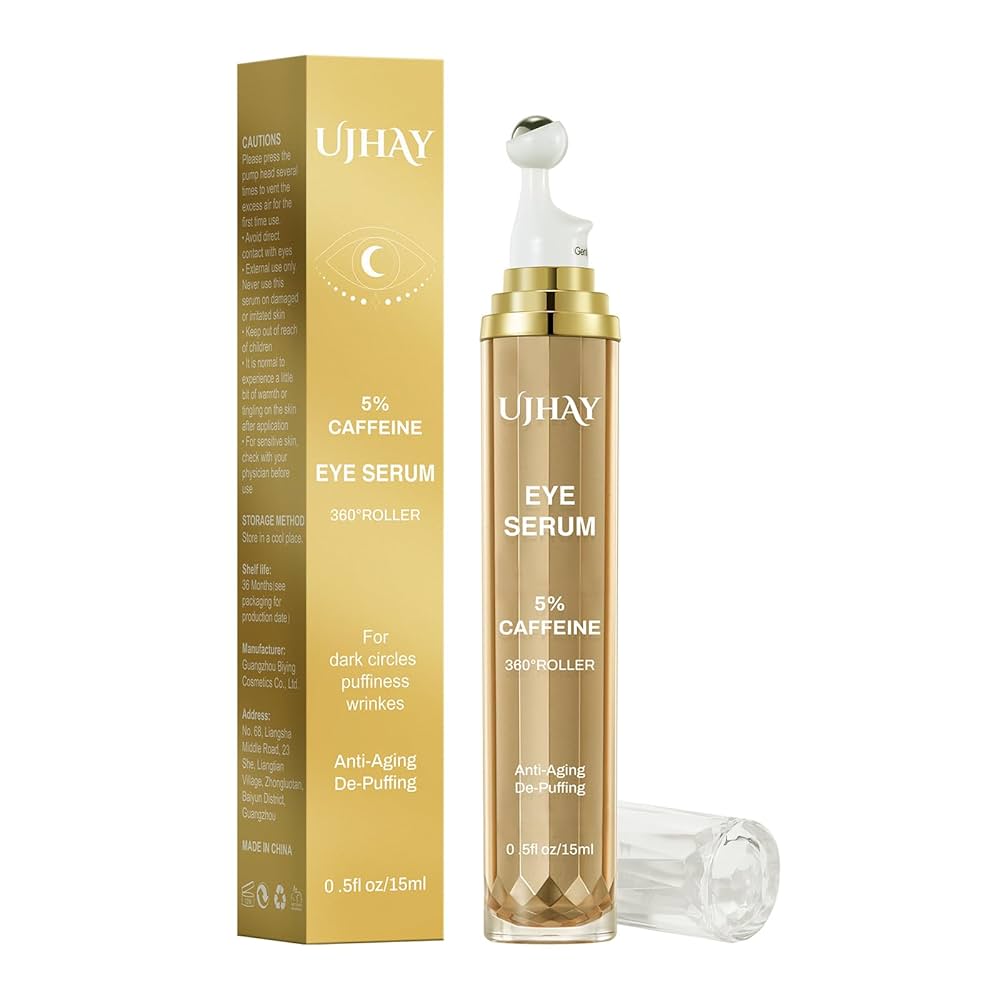
Getting the Order Right
The order you apply your products matters more than you might think. After cleansing and toning, apply your eye serum first since it has the lightest consistency. Then use your face serum, followed by eye cream if you're using both, then moisturizer, and finally sunscreen in the morning.
Timing Matters
In the morning, focus on protective ingredients like vitamin C and antioxidants. Always follow up with SPF. At night, that's when the heavy-duty ingredients like retinol work best. Give each product 5- minutes to absorb before applying the next one.
What to Expect at Different Ages
Your eye serum needs change as you get older. Here's what to focus on:
In Your 20s: This is all about prevention. Focus on hydration and protection with ingredients like hyaluronic acid and vitamin C. Don't skip the sunscreen.
In Your 30s: You might start noticing the first signs of aging. This is when gentle retinol and peptides become your friends.
In Your 40s: Time to step up your game with stronger retinol, growth factors, and ceramides to address more noticeable changes.
50s and Beyond: This is when you want the most advanced ingredients – prescription-strength actives, stem cells, and sophisticated peptides.
Do You Need to Spend a Fortune?
The short answer is no. You can find great eye serums at every price point.
Some drugstore options that actually work include The Ordinary Caffeine Solution for dark circles and puffiness, CeraVe Eye Repair Cream for gentle hydration, and LilyAna Naturals Eye Cream for those who prefer natural ingredients.
In the mid-range category, Paula's Choice CLINICAL has science-backed formulations, Drunk Elephant C-Tango is a vitamin C powerhouse, and The INKEY List offers affordable retinol options.
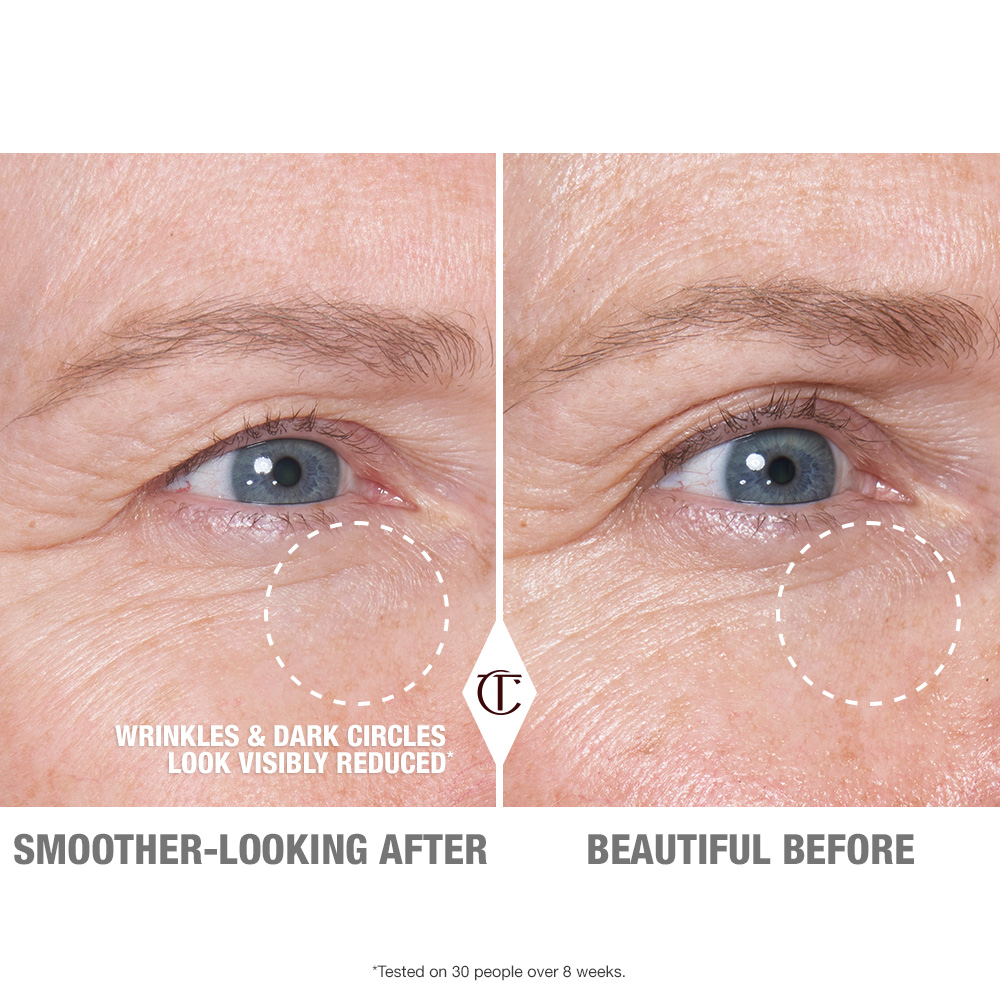
If you want to splurge, SkinCeuticals AOX+ Eye Gel offers professional-grade antioxidants, La Mer has their famous Miracle Broth technology, and SK-II uses fermented ingredients.
The truth is, expensive doesn't always mean better. Focus on the ingredients and what your specific concerns are rather than the price tag.
Mistakes That Can Make Things Worse
There are some common mistakes that can actually sabotage your results.
Don't use too much product – a tiny amount goes a long way, and using too much can cause those little white bumps called milia. Keep the product on your orbital bone area, not right up against your lash line where it can migrate and cause irritation.
Be patient with results. It takes 8- weeks to see real changes because that's how long it takes for your skin cells to turn over. Don't mix incompatible ingredients like retinol and AHAs – that's a recipe for irritation.
And always, always patch test new products first. The eye area is particularly sensitive, and reactions can be severe and long-lasting.
So Is Eye Serum Worth It?
After looking at all the science and seeing real results from people who use them consistently, I'd say yes. Eye serum isn't just hype – it's a targeted solution for one of the most challenging areas of your face.
Whether you're dealing with dark circles from too many late nights, puffiness from your diet, or you just want to prevent future aging, eye serum can help. The key is starting early, being consistent, choosing quality ingredients over fancy packaging, and always wearing sunscreen during the day.
Your skin is an investment, and the choices you make now will show up later. Now that you understand what eye serum can do, you're already ahead of most people. The question is: are you ready to give it a try?
